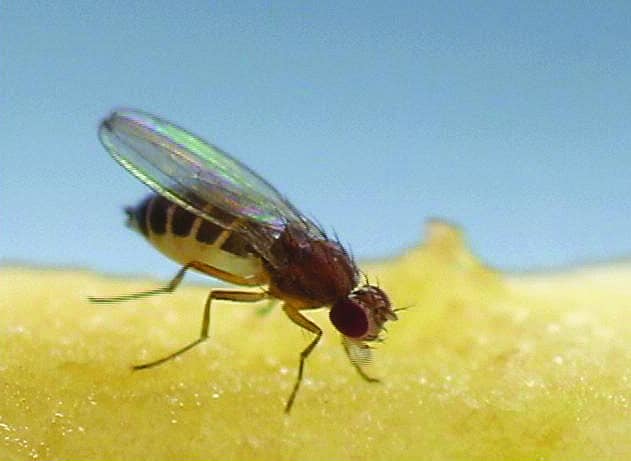“Typically when I enter into this market, I feel I am in the breeding house of flies, the shop-keepers should keep the things inside refrigerators not only for their being fresh but also for keeping them far from the compass of flies”, says Muzzafar, a shopper and a manual labourer by profession.
Most interestingly, though he was an illiterate guy yet he was aware of the health hazards concerned with flies. While he was talking, he was pausing but he was much passionate and conscious for he wished that the flies must be finished with the promotion of cleanliness. He wanted that the pre
To say pathetically and with remorse, that worsening state was of no other place but that of the Empress Market that lies within the heart of the metropolis, Karachi. The rest of the country can better be imagined from hygiene perspective after this grand example.
“This market used to be washed twice a day way back 25 years. Qadir mopped the floor in such a fantastic way that I could see my face on it. Presence of flies was thought to be a questionably despicable matter. Now, no one listens to Government and the influential are tended ear much more”, discloses Chanesar Laasi who has given 55 years of his age in this market.
Flies mostly sit on contaminated food, human excrement, animal dung, blood, rotten meat at slaughterhouses and wastes associated with dairy shops, bakeries, hotels, hospitals and markets. These areas are a great medium for growth and breeding site of flies.
“Flies are vectors or carriers of various bacteria and other pathogenic organisms which can cause serious diseases in humans. They bring these diseases with pathogens stuck with their legs and transmit when they land and sit on fruits, vegetables or meat or through their saliva when they liquefy these products”, describes Dr Rashid Pirzada, a practising veterinary doctor in Canada and PhD in animal production from U.K.
While apprising about the diseases caused by flies, he further says, “Diseases most commonly spread by flies are typhoid, cholera, salmonella and dysentery and in rare cases tuberculosis”.
“Other diseases, instigated by flies, are Diarrhoea, trachoma, yaws and leprosy anthrax as various kinds of bacteria, viruses, protozoan and eggs of parasites stick with feet and small hairs of flies,” adds Mr. Muhammad Moosa Abro, Research Scholar in the Department of Zoology, University of Sindh, Jamshoro.
“There are many types of flies and can be a nuisance and pose health risk to animals”, briefs Dr Abdul Hafeez Shaikh, Ex-Deputy Director Livestock Karachi.
When asked what can be done with the food contacted by a fly, Dr Nasurallah Panhwar, F.A.O consultant in Sindh, replies, “Practically speaking it is not possible to dispose of all fruits and vegetables if such contacted with sitting or landing of flies”.
More he relates for precautionary measures, “All we can do is to handle, store and process the contacted eatable as hygienic as possible before marketing and even as a consumer it is our responsibility to keep it hygienic to minimize contamination.
Once again fruits and vegetables, which have an outer coating, should be first washed with clean water before they are peeled. In case of produces where outer coating cannot be taken off best, what we should do is to wash them well with clean tap water for few minutes to decontaminate them”.
Wire’s 1978 song ‘I Am The Fly’ may be ear-appeasing but in our part of the country it is no more attractive. People, who are less aware about health hazards of flies, even dislike them due to its vexing nature of buzzing and walking on the naked parts of the body.
“It irritates me more when I am sleeping and feel the flies running over my face. I keep my home clean but what I can do of the society where from flies enter my home due to heaps of rubbish available over there”, relates Gulro, a village dweller.
It is true to some extent the food, contaminated by flies due to germs (pathogens) stuck to their tiny hairy feet, becomes hygienic once it is washed and it can be used then, but it depends upon nature of washing and type of things to be washed. If things are washed properly, the germs get easily washed away and food can be hygienic.
“Precautionary measures to control flies include elimination of breeding area and accumulation of wastes, use of insecticides there, decrease of sources which attract flies, keeping and observing cleanliness in-house and at workplace and protection of food and other things by covering them tight,” advises Dr. Mumar Qazafi Mari, Medical Officer at PPHI Sanghar.
Control of flies has significant public health importance.














